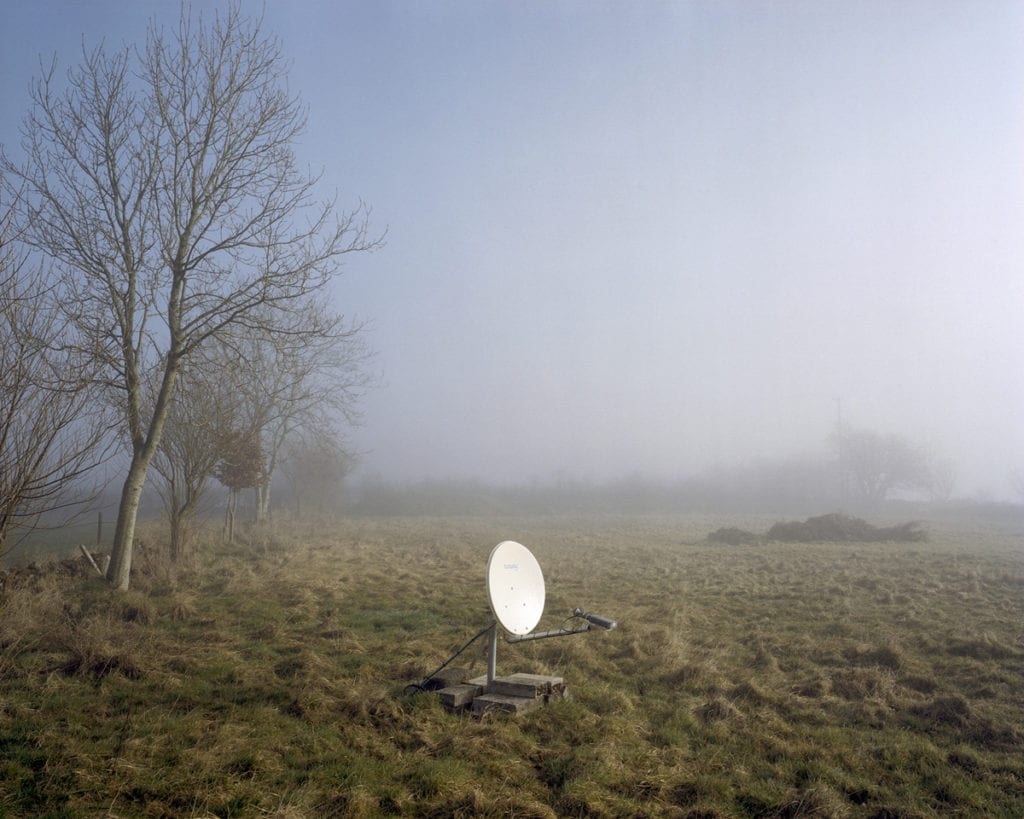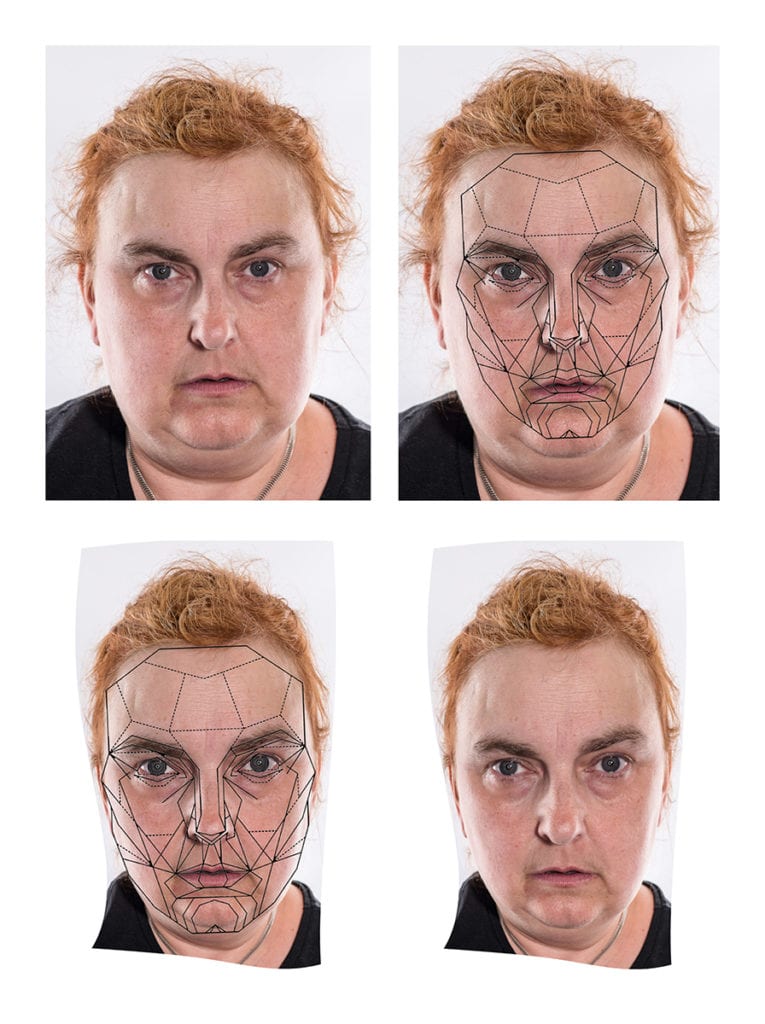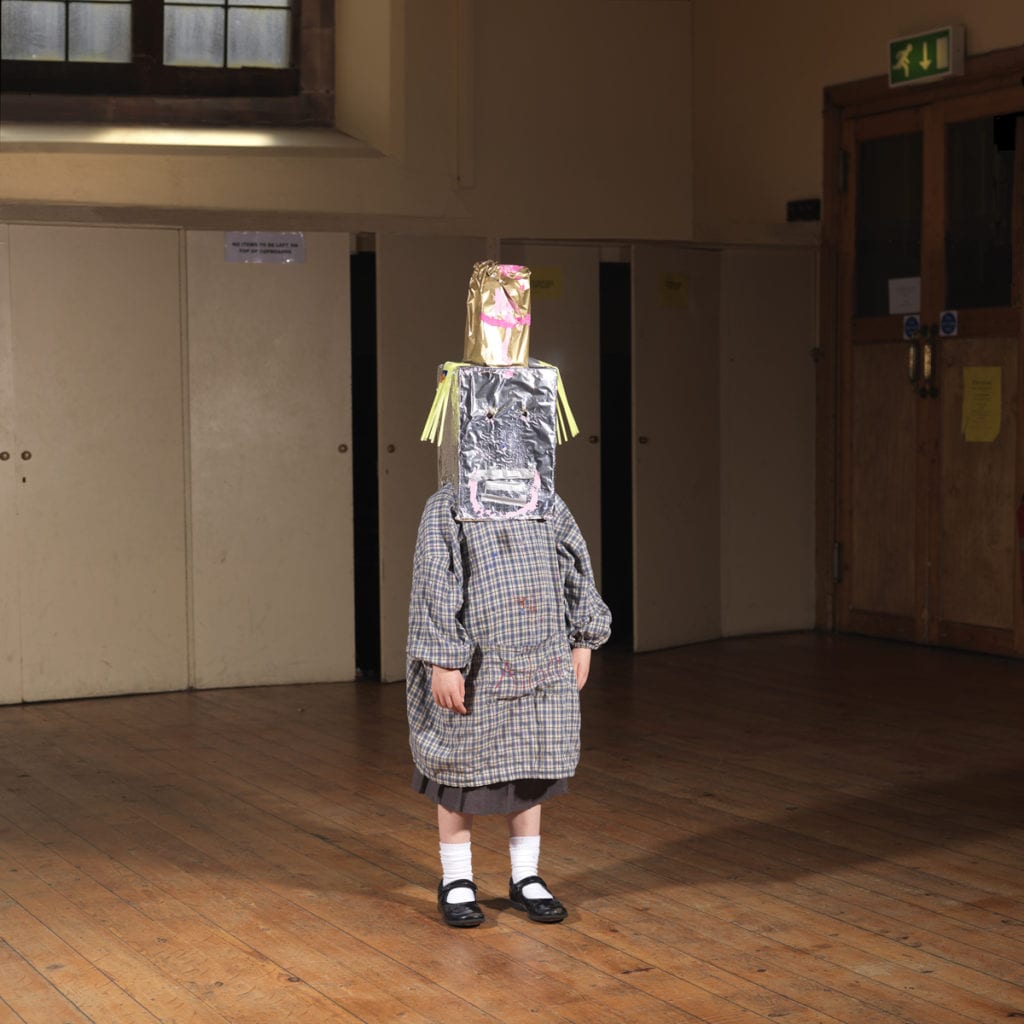Maybe you’re a working photographer who feels stuck in a rut, or you’re just keen to inject some oomph into your practice. If you’ve been toying with further study but are unable to relocate because of family or work commitments, online learning could be the way to go.
Distance learning has long been an established option for studying photography at higher education level, the big advantage, of course, being how flexible it can be. For many of us who lead increasingly busy lives it goes without saying that this is appealing.
An institution well versed in the benefits of online teaching is Falmouth University, which runs MA Photography and BA(Hons) Photography (Top Up) courses alongside its portfolio of campus-based photography degree programmes.

- Priddy, Somerset, 2015 from the series Elementary Husbandry © Jesse Alexander
Part-taught and part-self-directed research, the courses offer a versatile approach to the learning of photography, says Dr. Gary McLeod, a module leader for the BA(Hons) Photography (Top Up) and MA Photography programmes at Falmouth University’s Institute of Photography.
“Weekly themed videos and carefully-designed forum tasks challenge students to reconsider their practice as well as the medium of photography, its histories and how it is used in different contexts,” says Gary. “Aside from the mixture of teaching and self-directed learning there is an optional offline component in the form of bi-annual face-to-face events where students can take part in practical workshops, receive portfolio reviews, and generally get to know peers and staff in person. […] Guest speakers at such events, as with online guest lectures throughout the course, are webcast, recorded and archived so that students can watch live or later on.”
The Falmouth Flexible MA Photography course, which launched in September 2016, is studied over two years on a part-time basis and there are three possible entry points throughout the year – in September, January and May. The course comprises five modules, including a final major project, and each module consists of a 15-week ‘study block’ featuring both directed and self-directed learning.

With current students living as far afield as Hong Kong and Los Angeles, the international reach of the course is what makes it distinctive, says course coordinator and module leader Jesse Alexander. “That diversity is also reflected in the geographic spread of our tutors and module leaders. Gary is in Tokyo, Cemre Yesil is in Istanbul and we have people in Scotland, London and Falmouth. “When critiquing work, staff and students come from different cultural as well as professional perspectives,” he adds. “The course reflects the global nature of contemporary photography – the way it is disseminated, particularly through digital platforms and social media.”
Module leader Dr. Wendy McMurdo agrees that Falmouth Flexible’s international reach is part of what makes it unique. “On the MA we are working with engaged photographers from a wide range of backgrounds and locations,” she says. “This international cohort brings a wide range of experience that feeds into the group. The design of the Falmouth Flexible MA allows students to work flexibly through an intensive programme of specially designed modules, webinars and live lectures. […] It’s a course best suited to enquiring and self-directed learners who are keen to challenge their ideas and push their work in new directions.”
Christopher Northey is among the first group of students who will be graduating in September 2018. Although he is looking forward to graduating, there is a part of him that will be sad the course has ended. “I waited 10 years to study a masters and have thoroughly enjoyed taxing my brain again. The chance to meet and work with people from other countries and cultures really expands your outlook, which in the age of the ‘global village’ is invaluable.”

- Mask of divine proportion, from the ‘Fractured Identities’ series © Jo Sutherst
For Jo Sutherst, also part of the first group of soon-to-be graduates, the ability to study in a way that suited her lifestyle was a key reason she enrolled. “Most courses would have involved me giving up work and relocating, which was not an option,” she says. “The Falmouth Flexible MA offered the course I wanted with the flexibility to be able to study when and where I chose. I have been able to access resources and professionals around the globe and the online environment has opened up opportunities and experiences that may not have been available to me in a campus-based course.
“I was a bit lost before starting the MA,” she adds. “The content of the course and feedback have facilitated my development and allowed me to become who I am meant to be as a photographer.”

- Space Furnishing © Rita Rodner
For Jesse it’s about preparing students for the 21st century workplace in an environment that allows them to play to their strengths. “The mode in which we teach reflects the reality of how people work,” he says. “We wanted a course where students wouldn’t produce a project only to be consumed within the context of the MA. The expectation is that everybody will publish his or her final project, which could mean an exhibition or if they decide to make a photo book we would encourage students to have a launch event. Essentially, we’re asking students to place their work within some kind of public and/or professional context.”
Ultimately, online study goes hand-in-hand with life, says Jesse . Having lived in three countries during her studies, Ashley Truckey, who graduates this autumn, says the course “has gone with me without any issues.” She adds: “The tutors are highly knowledgeable and have been caring and helpful when giving critical feedback, and my fellow students have also been incredibly supportive. I would highly recommend Falmouth Flexible to others, especially those whose lives don’t allow for a traditional way of studying.”
For Rita Rodner, who is part way through her studies, the MA has been everything she expected and more. “It takes time and effort to get to the point where you feel that you know the medium you’re working with, and it’s easy to get lost on the way,” she says. “That’s exactly how I felt – lost and frustrated – and I knew it was going to take ages to move forward on my own. So I looked around for a serious, long-term course and found Falmouth Flexible. […] It has been a year of hard work so far, but I feel that I am really getting somewhere now.”
Visit this page for more information about Falmouth University’s flexible MA Photography (Online) and BA(Hons) Photography (Top Up) courses.

Sponsored by Falmouth University: This feature was made possible with the support of Falmouth University. Please click here for more information on sponsored content funding at British Journal of Photography.

